How F45 Creates Gatherings That Move People
When we bring people together, there’s always potential to create true connection. So why is it that some events take off, and others fizzle? The secret lies in designing the interactions, not just the mechanics, of your gathering. Here, Transformation Consultant, Charley McGarry brings to life key principles from Priya Parker’s acclaimed book, The Art of Gathering through a case study on global fitness franchise F45.
Design for interaction
My role involves bringing people together in a variety of contexts, so I’m fascinated by what makes for an impactful gathering. One book that transformed my thinking was The Art of Gathering by master facilitator, Priya Parker. Its key premise is that many events fall flat because hosts spend too much time focussing on logistics and leave the interactions between guests to chance.
This insight has huge practical relevance in the business world, and one business I know well, that exemplifies Parker’s teachings, is F45 Soho. I attend the Soho branch of global HIIT workout phenomenon, F45 at least four times a week. At F45, the mechanics (i.e. the workout format) are set. But each studio has the freedom to ‘host’ the classes as they wish, creating wildly different experiences between studios.
This is a perfect opportunity to observe the principles of The Art of Gathering in action. By focusing on designing for interaction, F45 Soho creates impactful gatherings that engage, connect, and inspire its members.
Here are the three key lessons as shared by Parker and brought to life by F45 that I’ll be applying to the events I host at work:
How to be a better host
1. Captain your ship
The role of the host is not just to provide space and resources; you are captain of your ship, and are responsible for steering the energy and experience. Good hosts do this with what Parker calls ‘generous authority’, running their gathering with a strong, confident hand for the sake of their guests. And great hosts, says Parker, understand that hosting with generous authority is an ongoing commitment; it’s not enough to set the agenda at the beginning and then walk away.
F45 coaches are role models of generous authority. First, they exude a warm and friendly confidence that puts you at ease and makes you feel welcome from the moment you walk in the door. Their role begins by walking you through the format and exercises but extends well beyond the introduction; throughout the class, they circle the room, ensuring that everyone is participating properly and (gently) correcting them if not.
2. Create guest-guest connections
Interactions between guests are what makes gatherings come to life - and yet too often, hosts leave them to chance. “Connection doesn’t happen on it’s own. You have to use your authority as host to design the kind of connection you want to create,” says Parker. One measure of a successful gathering, Parker shares, is that they start with a higher number of host-guest connections than guest-guest connections and end with those tallies far reversed.
Each F45 class starts with a host-guest interaction: the coach asks your name (if they don’t know it already), and welcomes you in. But during the class, they seek out ways to increase guest-guest interaction: for example, you’re asked to find out the name of your workout partner and are made to do push-ups if you don’t. By the end, members will have been nudged into many more interactions than if left to their own devices, and leave with a much stronger sense of connectedness, with both each other and the shared experience, as a result.
3. Help people bring the right part of themselves to the room
Everyone has many versions of themselves that they can bring into a room; it’s your job as host to draw out the identity that reflects the ethos of the gathering. For example, if you’re running an innovation workshop with a team of traditional corporate managers, you’ll want to help them connect with their creative, unconstrained side.
At F45, the ethos is team training. The coaches play a key role in creating a team atmosphere in the classes. First, they motivate individually rather than through peer-to-peer competition, supporting every member to achieve their personal best. Next, they encourage members to support each other and celebrate each other’s wins. And finally, they understand the energy each individual gives off helps fuel the collective fire of the class, and set the bar high themselves. Together, this creates an inclusive, uplifting environment that helps everyone to be their best.
In bringing people together, we have the potential to make moments that move people. It’s the host’s job to create the environment that enables this.
Charlotte McGarry is a Transformation Consultant in OneLeap’s London office.
Looking for a memorable, experiential way to activate venture development, build innovation leadership, and drive wider transformation in your business? Find out more about our approach, and how we could help on your challenges with an introductory chat with one of our team.
Other Articles and Insights from the oneleap team.
Subscribe to the Oneleap Blog.
Add your email to receive regular, quarterly updates from the OneLeap Team.
By clicking subscribe, you consent to allow OneLeap to store and process the personal information submitted to provide content requested. OneLeap will only use your personal information to administer your account and to provide the products and services you requested from us.
We will respect your privacy and you can unsubscribe at any time.




